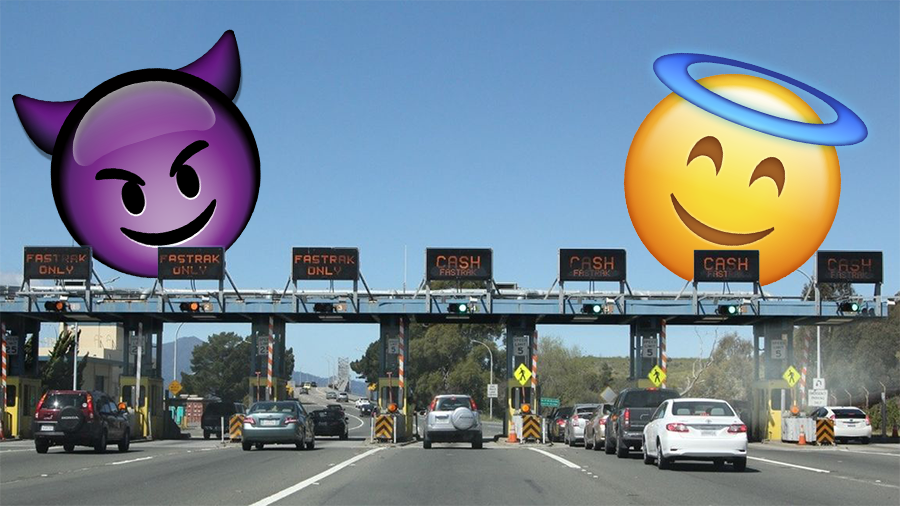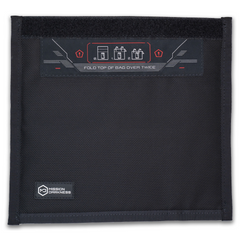Do you know your transponder can be tracked while traveling throughout a city?
It's no secret that electronic toll collection (ETC) transponders and tags are being tracked in areas nowhere near a toll station. So why should you be concerned? Join the long heated debate about the pros and cons surrounding the outside uses of data collection from transponders.


ETC programs serve a great purpose in reducing waiting times in toll lines, providing frequent travelers ease of payment, thus mitigating congestion across busy tollgates. Popular programs include E-ZPass, I-Pass, FasTrak, SunPass, with additional programs expanding both domestically and internationally depending on region. But this electronic device mounted on your windshield is being used for more reasons than just automating a charge when passing through a toll zone.

Recent news stories shed light on how the government is collecting location information from these transponders for reasons unbeknownst to citizens enrolled in that particular ETC program. Many of us wonder, how far will they go? What are they using this information for? Well, many positive things in their defense, security, traffic surveillance, etc., but what about our right to privacy? Many don’t even know that their data and movements are being tracked, and why would they expect that it is? Why would a transponder be getting pinged miles away from any toll booth?
What can you do about it?
- Simply drive without your transponder when expected travel doesn’t take you through a toll... Although the issue with this is that most people who are enrolled in one of these programs actually need their transponder for everyday work or frequent travel.
- The more logistical option is to use a faraday bag for shielding your transponder when not traveling through a toll zone. The faraday bag ensures to block the transponder's unique signal, in turn maintaining the driver's privacy. Having the flexibility of choosing when the device communicates with a receiver is of the utmost importance in this alarming situation. The citizen enrolled in one of these programs (often without prior knowledge of the extent in which they will be tracked while traveling with a transponder) deserves to have the choice of when their movement is monitored.
Reasons to prevent your device from being tracked:
- To maintain your privacy. Similar to how one would use a faraday bag to shield their cell phone from pinging cell towers and GPS services, a faraday bag can be used to protect against unwanted transponder location tracking.
- To prevent criminals from hacking your device and location data, or even cloning your transponder's microchip enabling them to travel at your expense.
- To shield a secondary transponder from being read and charged. An example being if you have separate transponders for work and personal use and need the option of selecting which account to charge for the toll.
There are various reasons for why transponders should be shielded when not in use, ranging from unmerited charges to potentially being hacked. In this day and age, it’s always better to live life on the safer side and be cautious about government surveillance and maintain personal security.
If your ETC company did not provide you with a radio frequency shielding bag for your transponder, it’s a good idea to invest in a faraday bag today. We recommend the military-grade Mission Darkness Non-Window Faraday Bag for Phones - perfect size for shielding your transponder and reasonably priced at $29.99. Mission Darkness products contain two layers of high-shielding fabric on all sides with dual paired seam construction to block all signals, not just radio, including WiFi, Bluetooth, cell, and GPS. Most importantly, Mission Darkness guarantees to keep your transponder offline when enclosed in a faraday bag.
*You can also use the faraday bag to shield additional devices like cell phones, passports, credit cards, and keyfobs to be certain that you are maintaining your privacy and data security.
GET PROTECTED TODAY!








